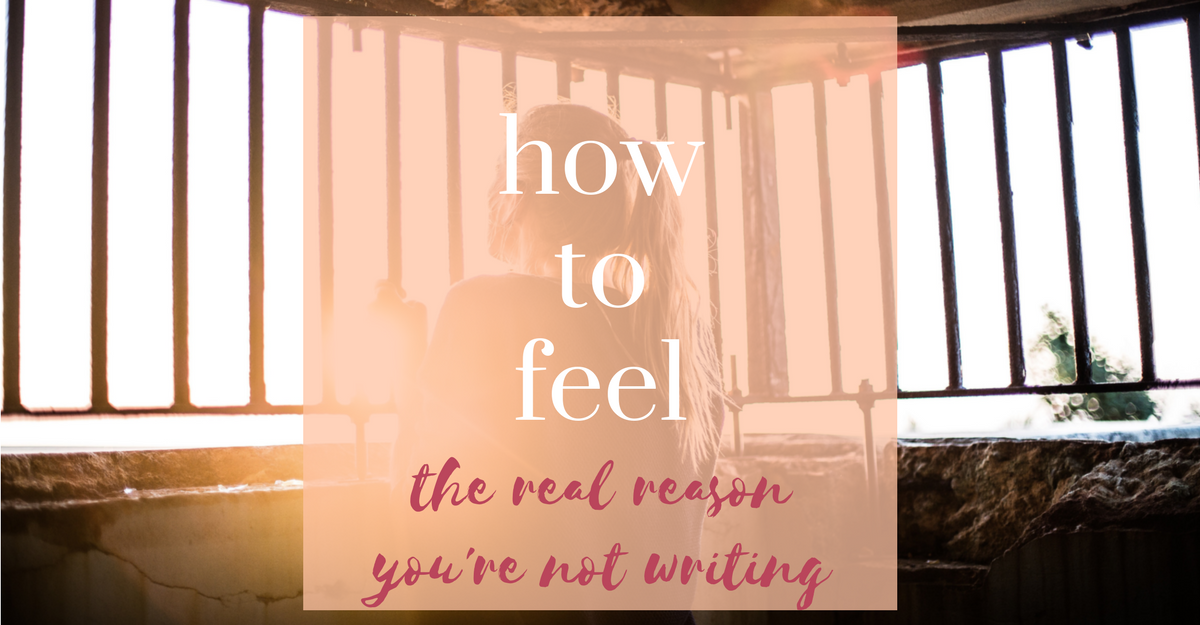Moving on from failure
/I failed at the violin.
I mentioned this recently to someone who knows me well—OK, my ex-fiancé—and his jaw dropped. Which is saying something, because at the time his mouth was full of Jersey diner waffle fries, and that stuff is precious cargo.
I guess I can understand his surprise. I played the violin for 16 years—from the age of five until I graduated from college. I entered competitions, attended summer programs, played in orchestras. I locked myself in the damp practice rooms beneath my college’s music building. I channeled my inner gypsy/witch when I performed the Saint-Saëns concerto, with its unsettling, strange beauty.
That might not sound like failure. But to me, it was. It is.
I was never as good at the violin as I wanted to be. I never managed to work hard enough at it, to give it my all. For years, the violin represented an instance where I failed to do my best, where I let people down—especially my dad, who spent hours each week shuttling me to and from lessons, writing up the advice my teachers gave me in his most careful handwriting, and checking on my progress.
When I zipped up my violin case after my senior year of college and adopted the excuse that I was just too busy to keep playing, I thought I’d move on. I thought a weight would be lifted from my soul.
But that never happened. I still carry the weight of that failure with me.
I explained all of this to my ex, but he was still baffled. “Sure,” he said, “you could have practiced every hour of every day, but you did other things with your life. That’s OK.”
But is it?
Read More











